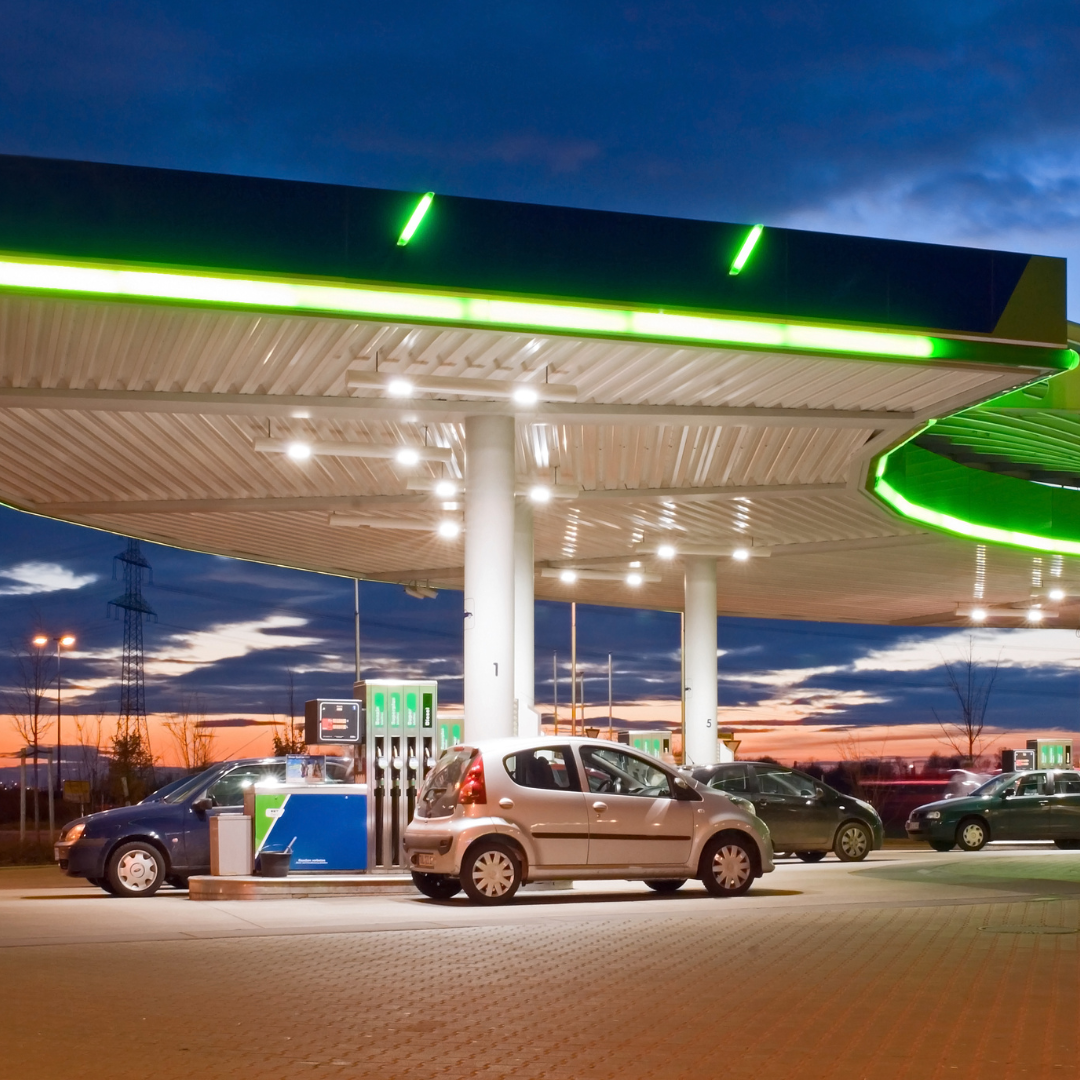The Competition and Markets Authority (CMA) published its Road Fuel interim update on 9th November. The final report of the CMA’s road fuel market study recommended that the government take two steps: First, introduce a statutory fuel finder scheme to give drivers access to live fuel prices and second, create a new statutory monitoring function to hold the industry to account for its fuel pricing. As an interim measure, the then Secretary of State for Energy Security and Net Zero, Grant Shapps, ordered the CMA to create a voluntary scheme for retailers to share their fuel prices and monitor developments in the fuel market. The voluntary pricing scheme went live on 31st August 2023. PetrolPrices has been publishing prices from this scheme since the beginning of September, and we continue to work with retailers and the CMA. The report published on the 9th November is the first report by the CMA in its interim monitoring role.

The interim report found that while pump prices for both petrol and diesel have increased since May 2023, this can be divided into two separate periods.
During June, July and August, this appears to have been driven primarily by increased crude oil prices and, in the case of diesel, refining spreads, both of which are caused by global factors. Retail spreads were around the long-term average for petrol and below that level for diesel.
During September and October, the CMA observed significant increases in retail spread for both petrol and diesel. In both cases, the retail spread at the end of October was significantly above the long-term average. While the retail spread increases and decreases in response to volatility in wholesale prices, these spreads should begin to return to normal levels. If retail spreads were to remain at these levels for much longer, this would cause concern about the intensity of retail competition in the sector.
In other words, in September and October, wholesale costs fell while retail prices did not. The CMA noted that petrol prices had increased by 11 pence per litre and 13.9 ppl for diesel since May 2023. The difference between the average price drivers paid at the pump and the price retailers buy fuel was 17-18 ppl at the end of October. This was deemed a significant increase by the CMA.
The Petrol Retailers Association (PRA), which represents many independent fuel retailers, welcomed the report. Gordon Balmer, the Executive Director of the PRA, said, “With the volatility of the global fuel market, it is important that motorists are given the opportunity to search for the cheapest prices available to them. As always, I would encourage motorists to shop around to find the best deals possible.”
In an interview with the radio station LBC, Grant Shapps’s replacement at the Department for Energy Security and Net Zero, Claire Coutinho, said, “During the pandemic, we saw some quite frankly shocking behaviour from some petrol bosses, who were failing to pass on savings at the pump…we will not stand for this bad behaviour. That’s why I’m giving the Competition and Markets Authority new powers to force retailers, including supermarkets, to say how much they are charging customers. Those that fail to be transparent then could face serious financial penalites, including a fine of up to one per cent of worldwide turnover, or an ongoing fine of five per cent of daily turnover. Any retailer seen to be unfairly ramping up prices, will be held to account. Drivers deserve to know they are getting a fair deal at the fuel pumps and that is exactly what our plans will do.”
According to Coutinho, the new rules as part of a statutory rather than voluntary scheme will be incorporated into the Digital Markets Bill, which is part of the government’s legislative package during this parliament.
Update:
Watchdog to tackle rip off fuel prices
https://www.gov.uk/government/news/watchdog-to-tackle-rip-off-fuel-prices
at it again, straight after a c&markets investigation found petrol retailers were ballooning there margins per litre of fuel sold!!
“That’s why I’m giving the Competition and Markets Authority new powers to force retailers, including supermarkets, to say how much they are charging customers.”
I assume this clot has failed to notice those great big signs at filling stations which clearly display the prices of petrol and diesel. That is exactly “how much they are charging customers.” As usual, these “new powers” are totally meaningless and will not help motorists.